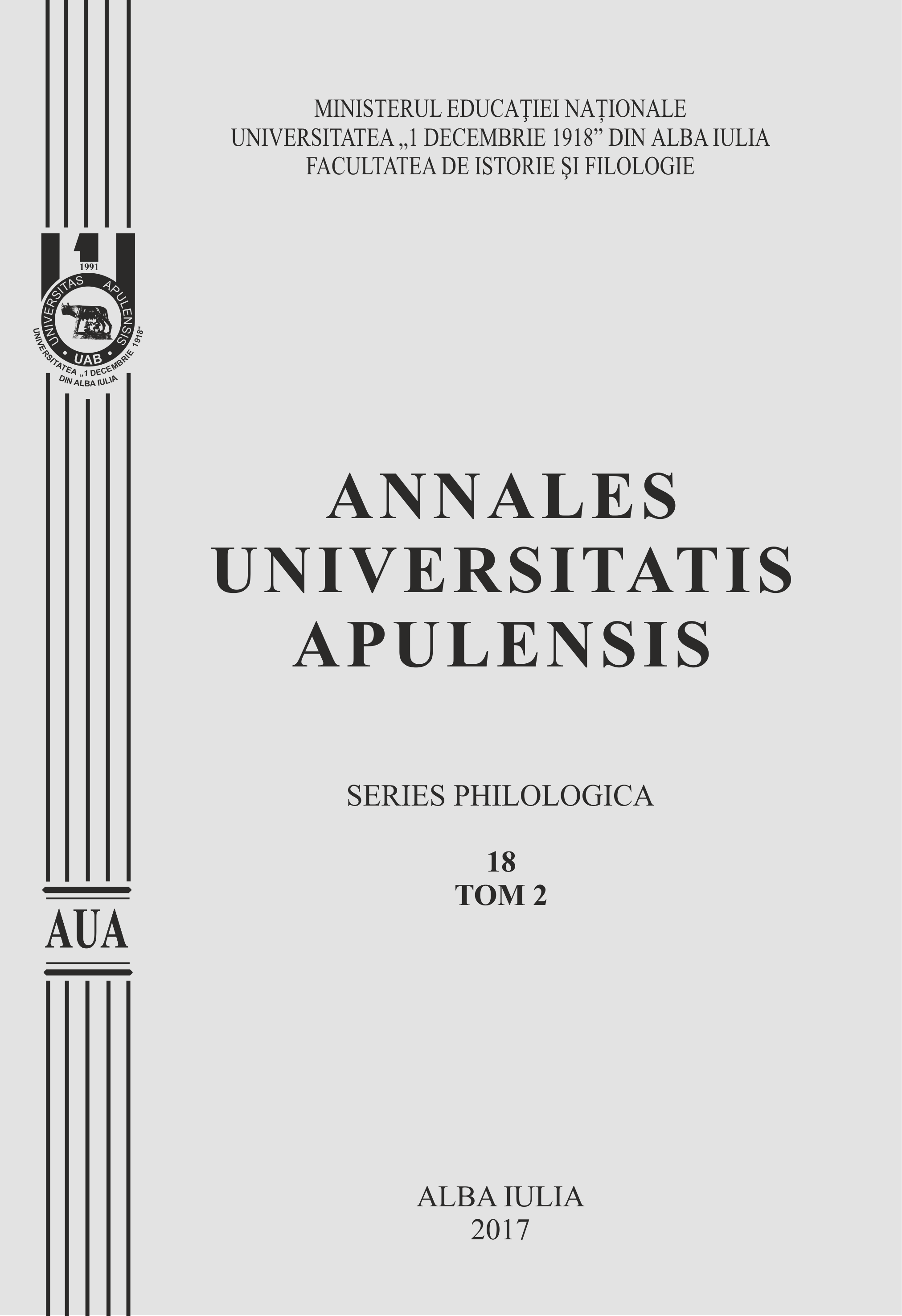ÎNTOARCEREA LA ITHACA ÎN LITERATURA EXILULUI
THE RETURN TO ITHACA IN THE EXILE LITERATURE
Author(s): SONIA ELVIREANUSubject(s): Language and Literature Studies
Published by: Universitatea »1 Decembrie 1918« Alba Iulia
Keywords: novel; exile; Ithaca; nostalgia; returning
Summary/Abstract: The exile of the 20th century, a new Odisius, reiterates in another historical time the Homeric Myth of Returning caused by the nostalgia for the Homeland. The Returning Home myth corresponds to the 3rd Category of Time as it is illustrated by the theory of journey by Normand Doiron. It is preceded by the departure and the periplus to another space. The departure means an rupture of identity, detaching from a physical and an emotional space, a geo-socio-cultural known territory and in the same time it signifies a plunge in the unkown. The new space determines the process of adaptation which means an identitary reconstruction, bilingualism, partial integration. Moreover, The Returning Home represents a confrontation with Ithaca, with the self-present: both the reclaiming of the ancestral roots and of the lost identity by recognising the matricial space, the reconstruction of the community connections as well as the the emotional and family ones. Nevertheless, it also means reclaiming of an unlived period of life spent far away from the dear ones and the reintegration in the new Ithaca. After all the attempts of recognition which are similarly to those that can be found in Homer’s Odysseys, the exile discovers the alienation from his homeland modified by the passing of time. The exile also finds out self-alienation that occured before the period of exile that he can recuperate only mentally and emotional. The bliss of returning to Ithaca transforms itself in a totally failure, a great deception that generates the returning in the adoptitve homeland. We will illustrate The Myth of Returning in Ithaca in several novels that fictionalize the real returning of the writer from exile in his native country and also the impossibility to reintegrate in the real life.
Journal: Annales Universitatis Apulensis. Series Philologica
- Issue Year: 18/2017
- Issue No: 2
- Page Range: 45-52
- Page Count: 7
- Language: Romanian

